Legal with Leah: OFBF files U.S. Supreme Court brief
In the case O’Connor v. Eubanks, the question is, can a state be sued in federal court when it takes a property?
Read MoreLandowners should have the right to challenge and make sure that a taking is necessary and that it's limited to what is actually necessary so that the law is upheld.
Ohio Farm Bureau recently filed an amicus brief in the Ohio Supreme Court in an eminent domain case. In this Legal with Leah, Ohio Farm Bureau Policy Counsel Leah Curtis tells us more about Ohio Power v. Burns. The Ohio Supreme Court is hearing this case Aug. 2, and the hearing can be watched live from the court’s website. Curtis said a decision is expected by the end of this year.
Listen to Legal with Leah, a podcast featuring Ohio Farm Bureau’s Policy Counsel Leah Curtis discussing topics impacting farmers and landowners.
Ty Higgins [00:00:00] This is Legal with Leah. I’m Ty Higgins. The next couple of episodes will be talking about things we’re doing in the court system here in Ohio, the first one being at the Ohio Supreme Court. Ohio Farm Bureau recently filed an amicus brief about the Ohio Power v. Burns case, an eminent domain case at the Supreme Court level here in the Buckeye State. Leah, what’s this case about?
Leah Curtis [00:00:25] So the facts of this case are a taking of property by Ohio Power for a transmission line. And we talk a lot about eminent domain in the context of government. But actually we also have some companies who can use eminent domain, and mainly those are utility companies to facilitate the building of utility lines and utility services.
Ty Higgins [00:00:47] What makes this case different then?
Leah Curtis [00:00:48] When we get cases to the Ohio Supreme Court, we have to remember that at that point, we’re not necessarily only talking about this individual case and this individual property, but now, when the Supreme Court takes a look at it, we’re usually thinking about like, what is the law and what does the law mean? How should the law be interpreted? And so that’s where we are now. So with this, the court is going to look at whether a taking is necessary and for a public use anytime there’s an eminent domain case, but there can be a lot more questions underneath those headings. And so this court is going to look at a number of other issues. They’re going to look at is this taking been proven necessary? And who gets to determine whether it’s necessary? There are some things in the law that certain takings are just necessary by their nature. And so there’s the question of, well, is that true, or does the court get to determine that? And then this is taking an easement, which is typical when we talk about takings by utilities. And so, is every term in that easement, does every term have to be necessary? Is everything that that utility is saying that easement controls, does that have to be necessary to be a viable taking? And so the court’s going to look at both of those things. And that could be a really important ruling when it comes to property owner’s rights with these utility takings.
Ty Higgins [00:02:03] Is there also that question whether landowners should be able to challenge these or not?
Leah Curtis [00:02:07] Yes. So, certainly some of the briefs that we saw filed talked a lot about these are really important takings. We have to facilitate these utilities. We have to make sure that we’re maintaining them. And I don’t think anyone disagrees with that. But we recognize, sometimes it’s necessary. But, you know, landowners do deserve all the protections of the Ohio Constitution. They deserve a right to go to court. They should have the right to challenge and make sure that the taking is necessary and that it’s limited to what is actually necessary so that the law is upheld.
Ty Higgins [00:02:41] Ohio Farm Bureau filed this brief for this case. So what happens next?
Leah Curtis [00:02:45] So now the Ohio Supreme Court’s going to hear oral argument, and that’s actually scheduled for Aug. 2. And so both the parties will come in and they’ll present their cases to the panel of judges. And actually, just so everyone’s aware, you can always watch these oral arguments on the court’s website. So on Aug. 2 in the morning, those will be streamed live and then afterwards, those do get posted to the Internet. If you have one of the public channels, they play them from time to time as well. And so then after argument, we’d expect a decision kind of any time, probably by the end of the year.


In the case O’Connor v. Eubanks, the question is, can a state be sued in federal court when it takes a property?
Read More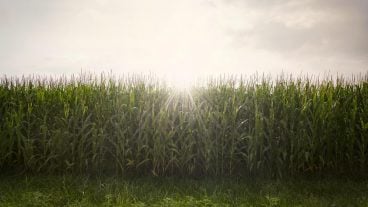

The 3rd District Court of Appeals ruled that Columbia Gas of Ohio did not demonstrate that taking of the property was a necessity, and that further review was warranted of the agricultural easement issue.
Read More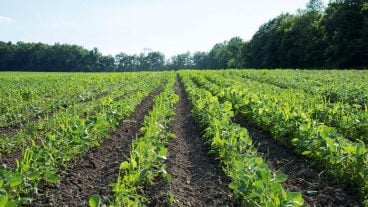
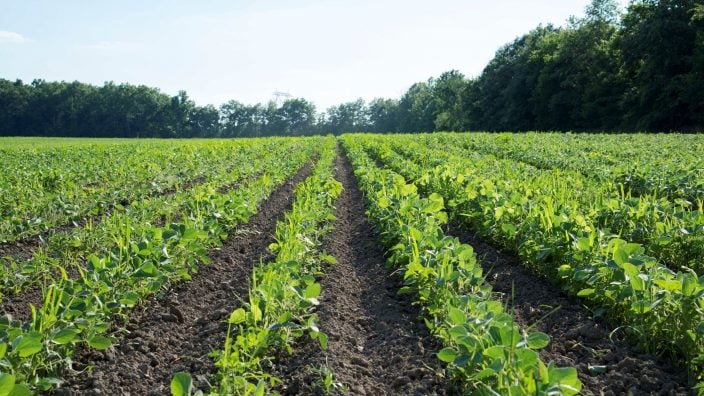
The 3rd District Court of Appeals upholds denial of eminent domain for gas pipeline. Court also recognizes the public purpose of farmland easements.
Read More

In addition to the testimony in support of HB 64, Ohio Farm Bureau is asking members to contact their state representative to voice their support for eminent domain reform.
Read More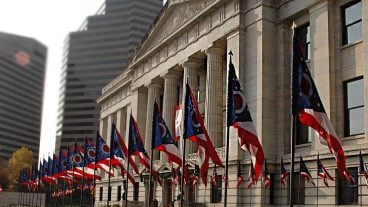
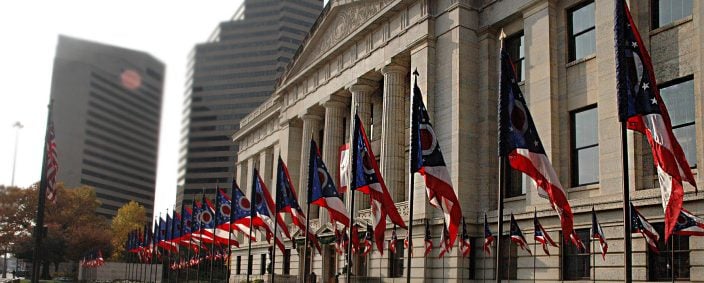
A bill introduced by State Representatives Darrell Kick and Rodney Creech would create a more direct legal route for a landowner to receive compensation when property is taken by the government without compensation.
Read More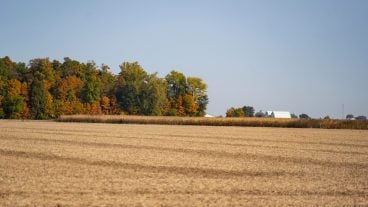
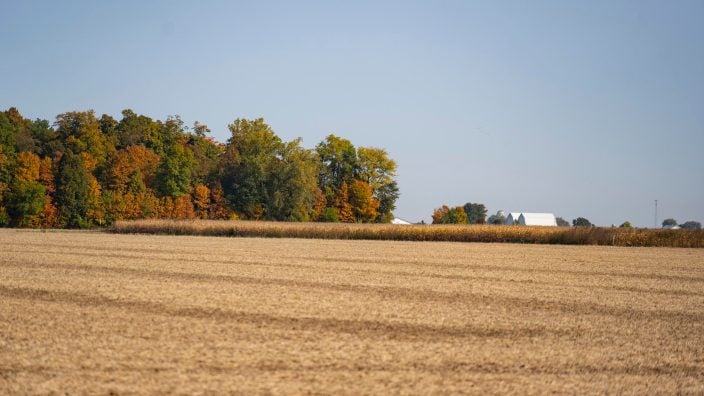
News out of Iowa that a private company has filed to use eminent domain to construct a carbon pipeline has raised lots of questions in Ohio.
Read More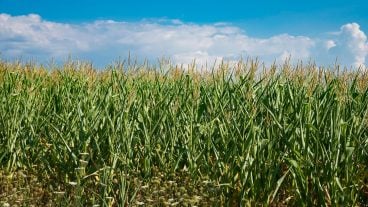
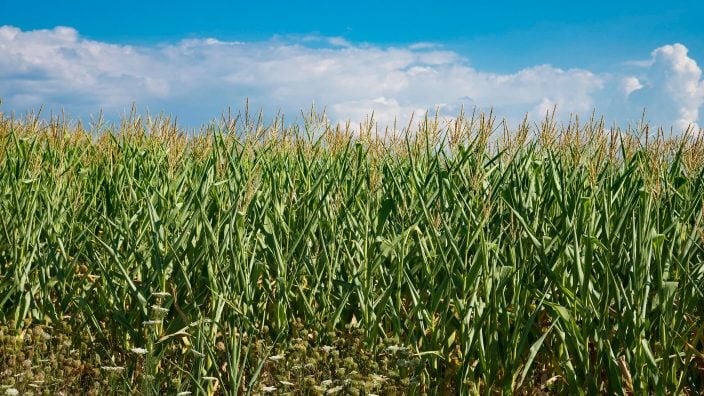
Ohio Farm Bureau and the Union County Farm Bureau recently filed an amicus brief in a case with potential impacts to farmland preservation programs.
Read More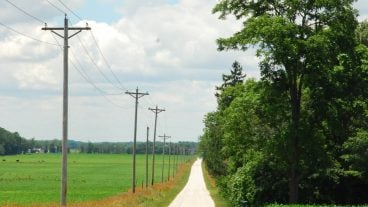
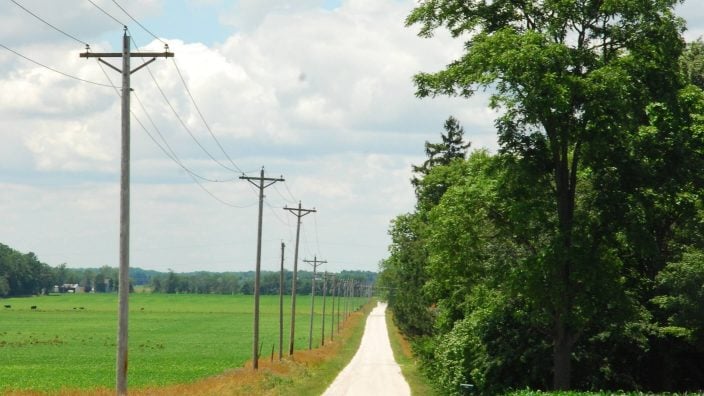
Landowners should have the right to challenge and make sure that a taking is necessary and that it’s limited to what is actually necessary so that the law is upheld.
Read More

JobsOhio is a private nonprofit economic development corporation designed to drive job creation and new capital investment in Ohio through business attraction, retention, and expansion.
Read More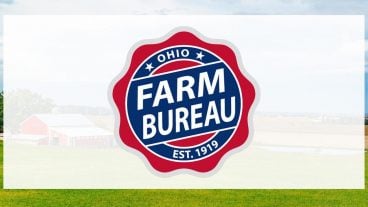
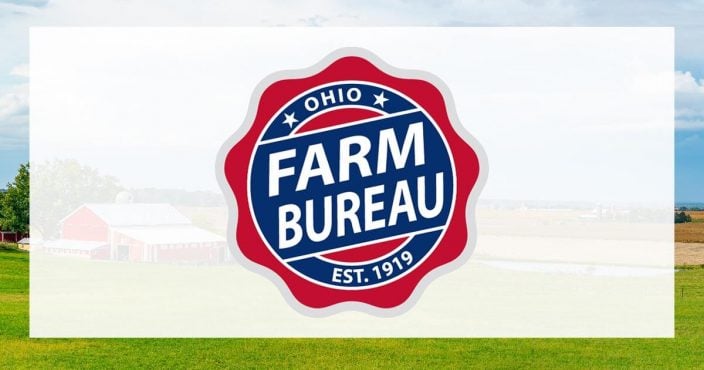
Farm Bureau is currently working with the Legislature to address eminent domain reform as a priority issue.
Read More